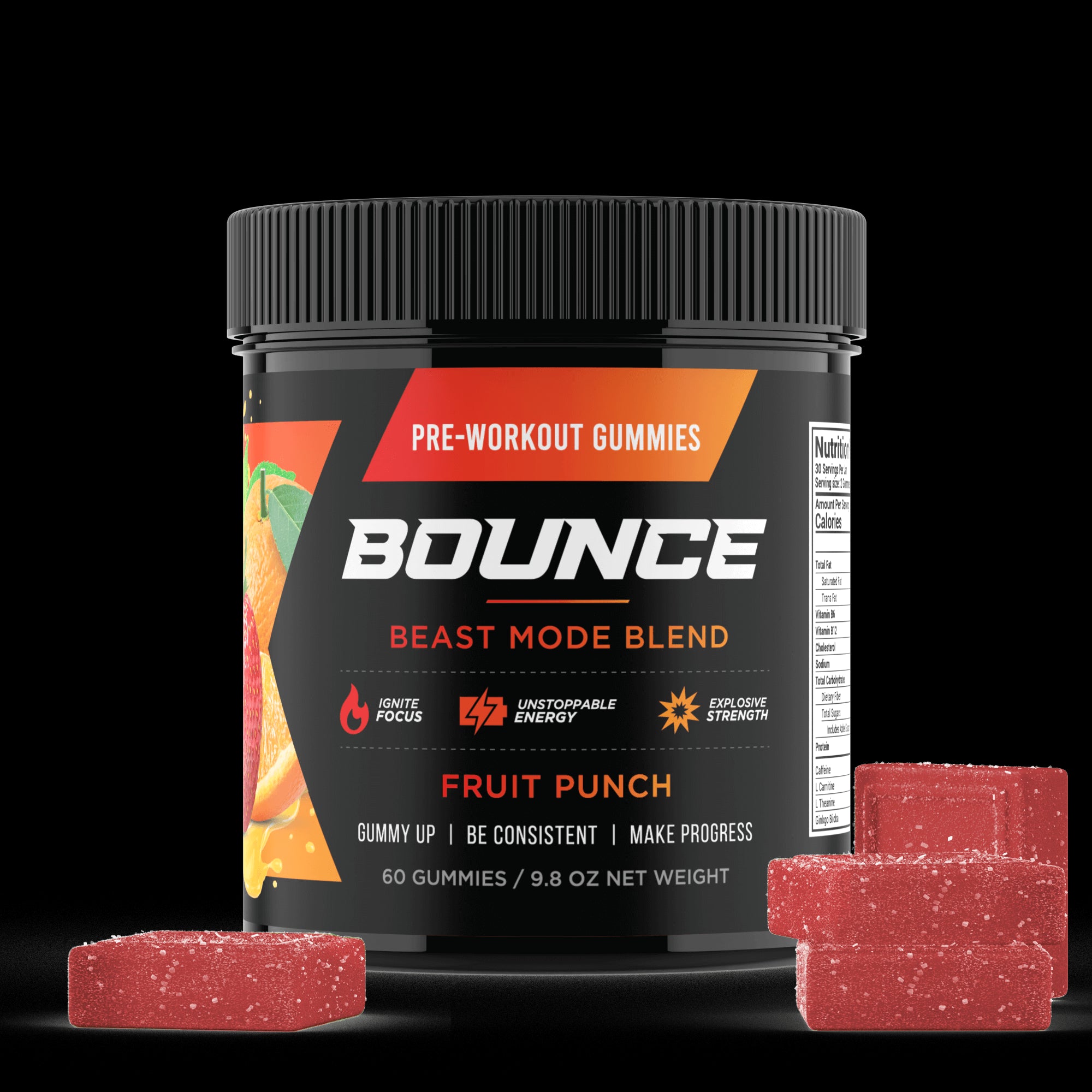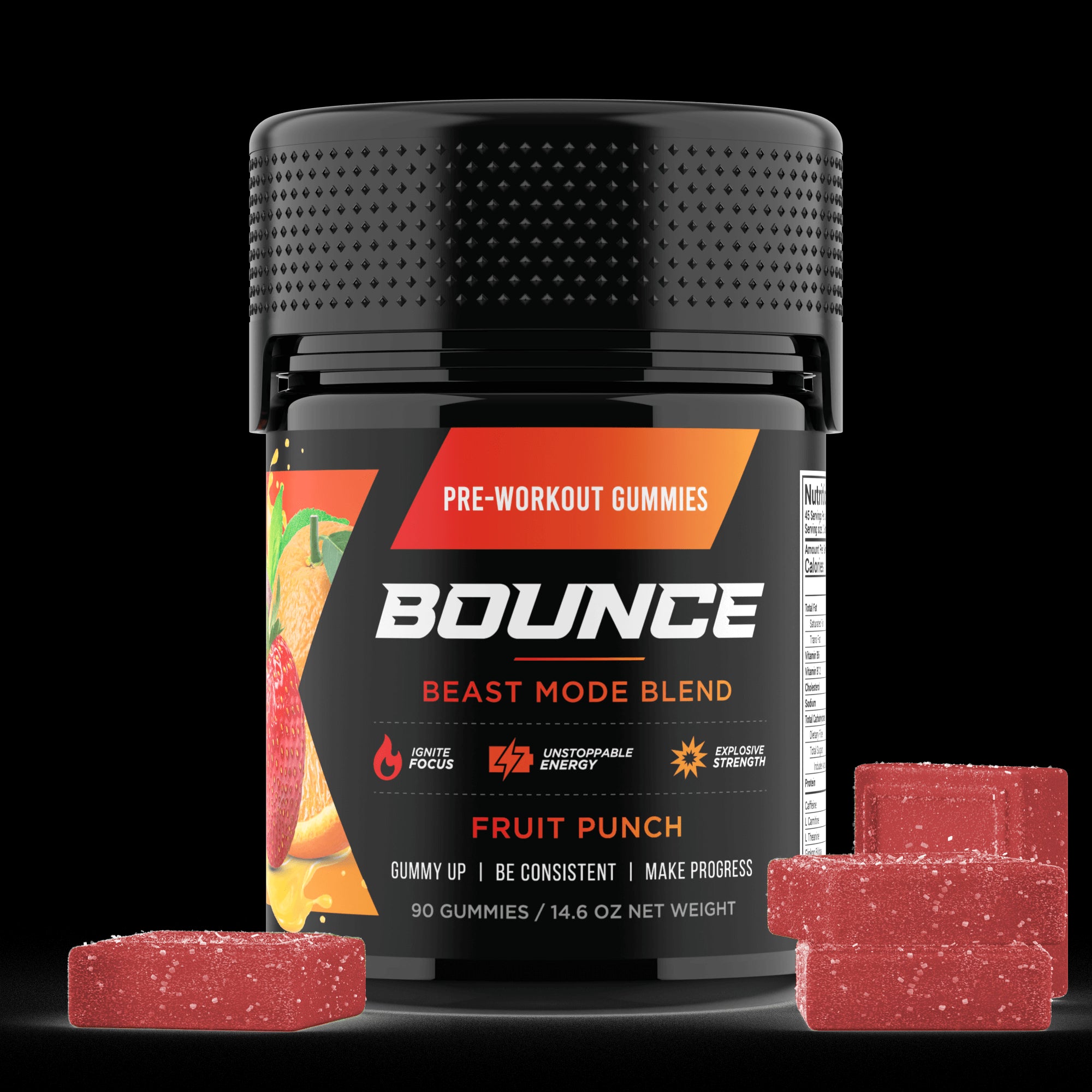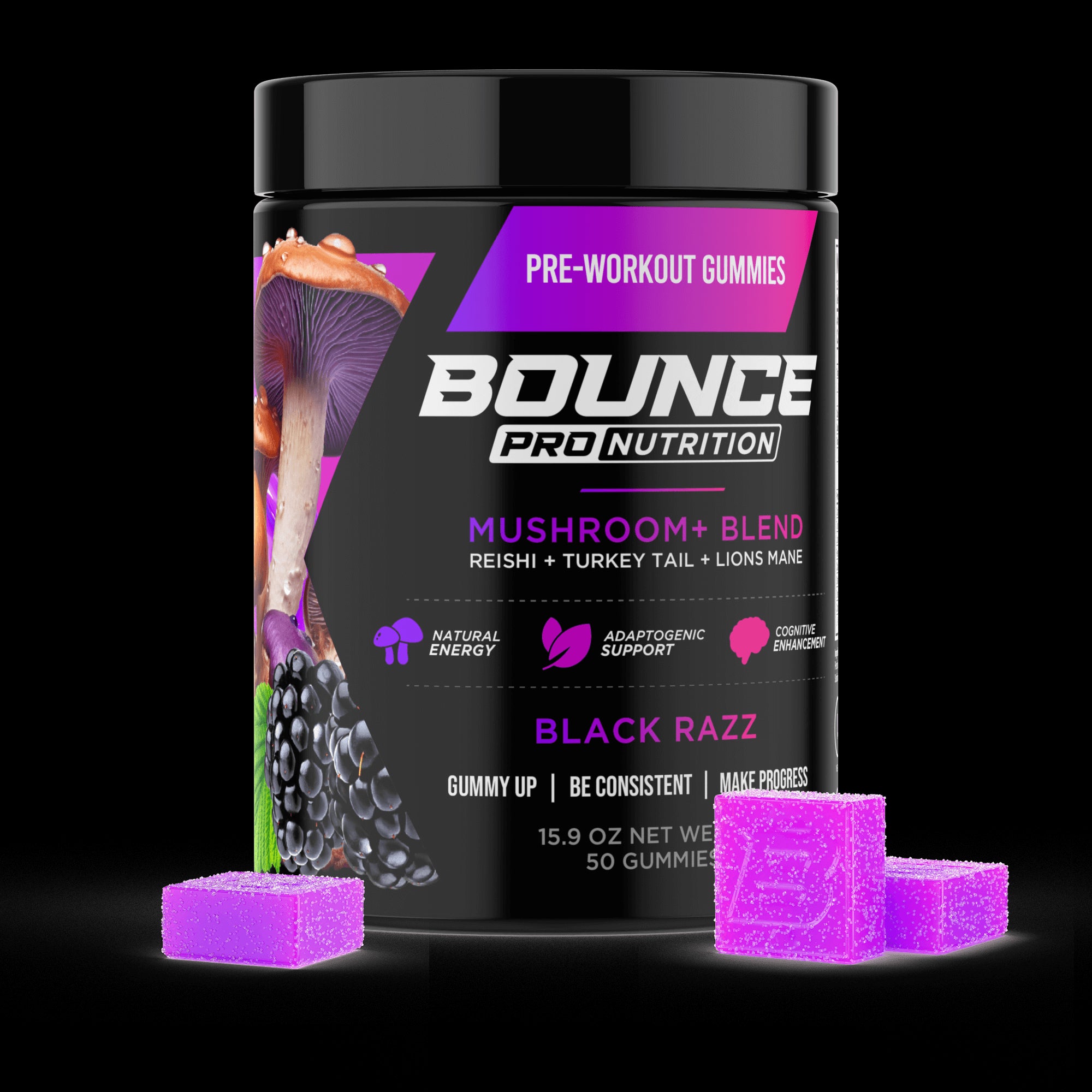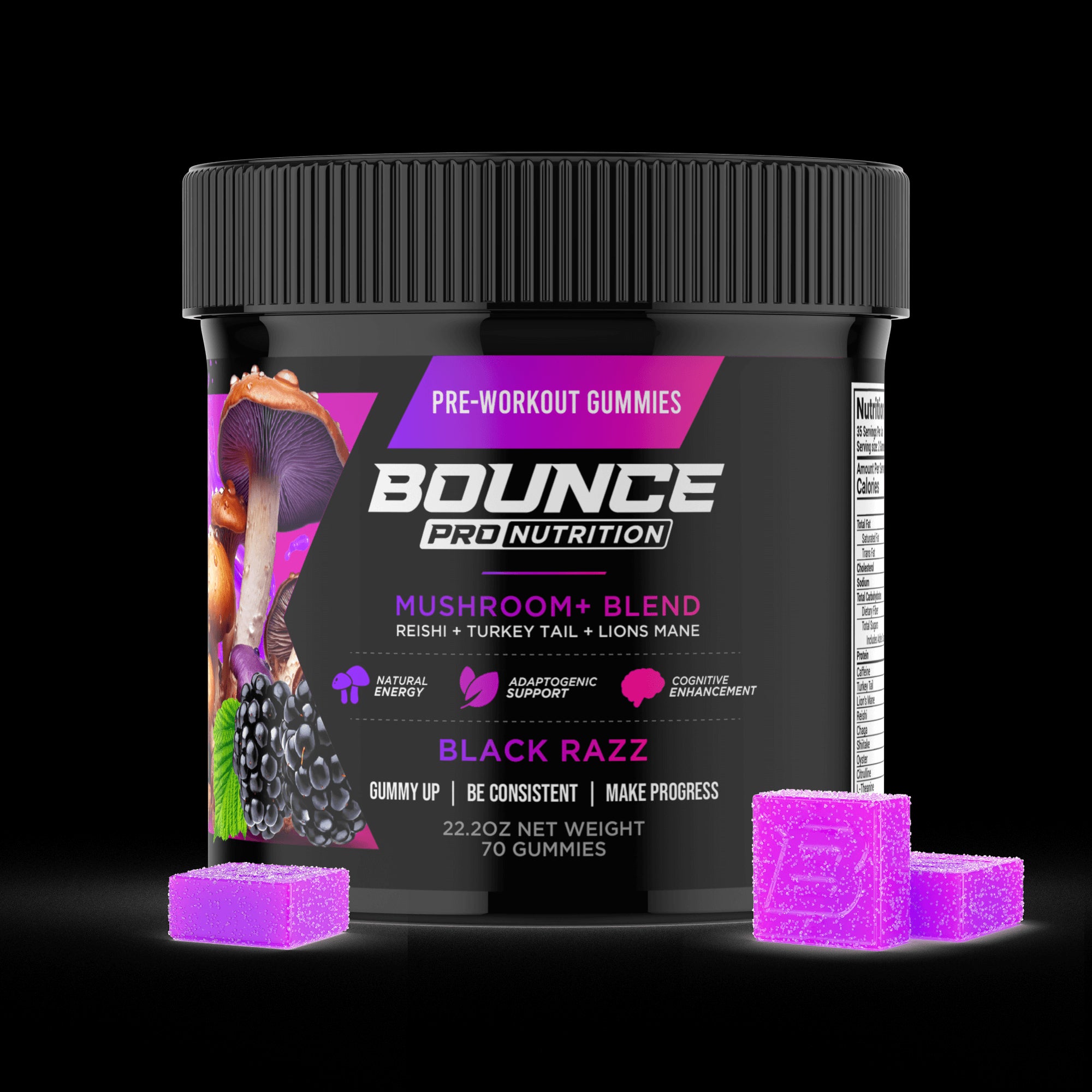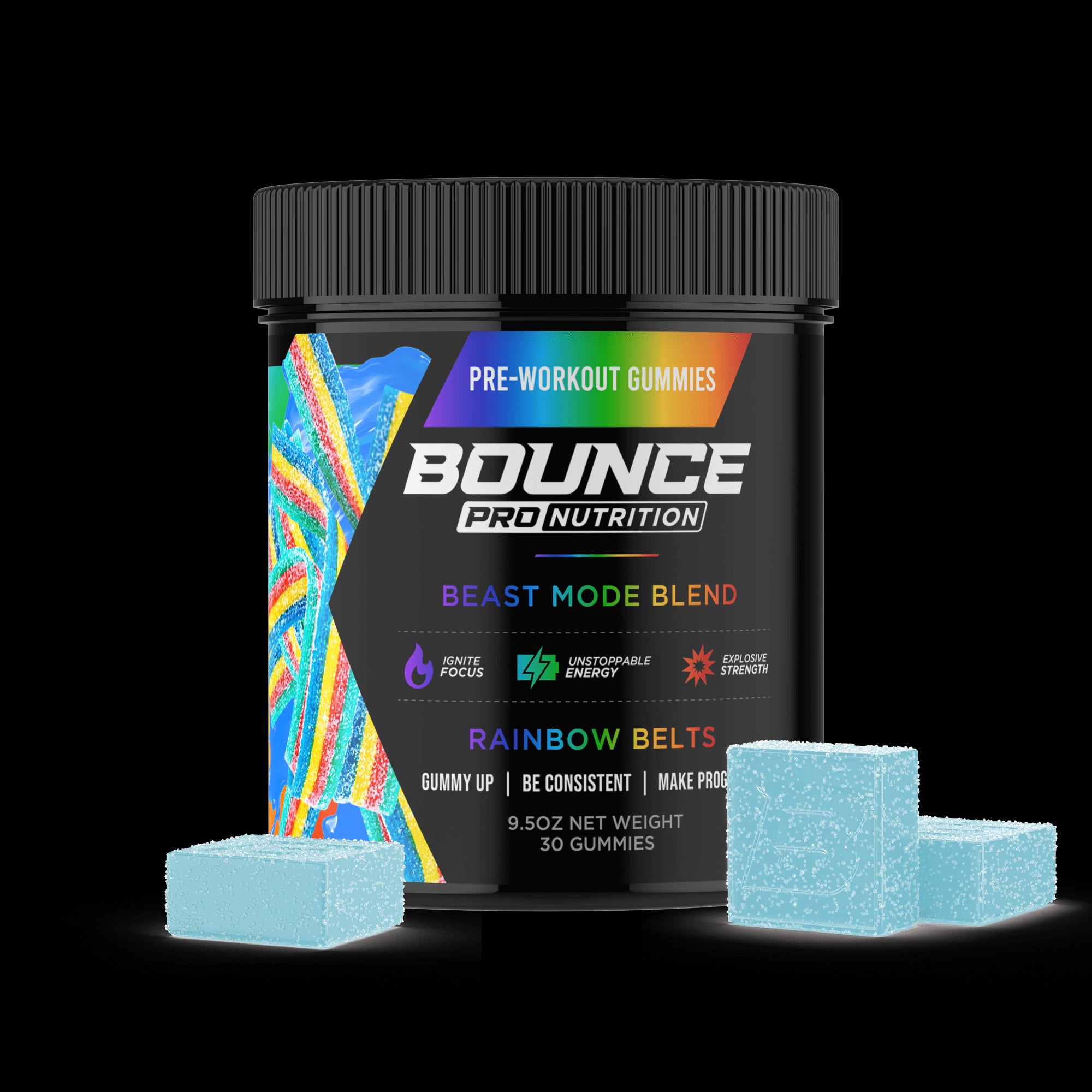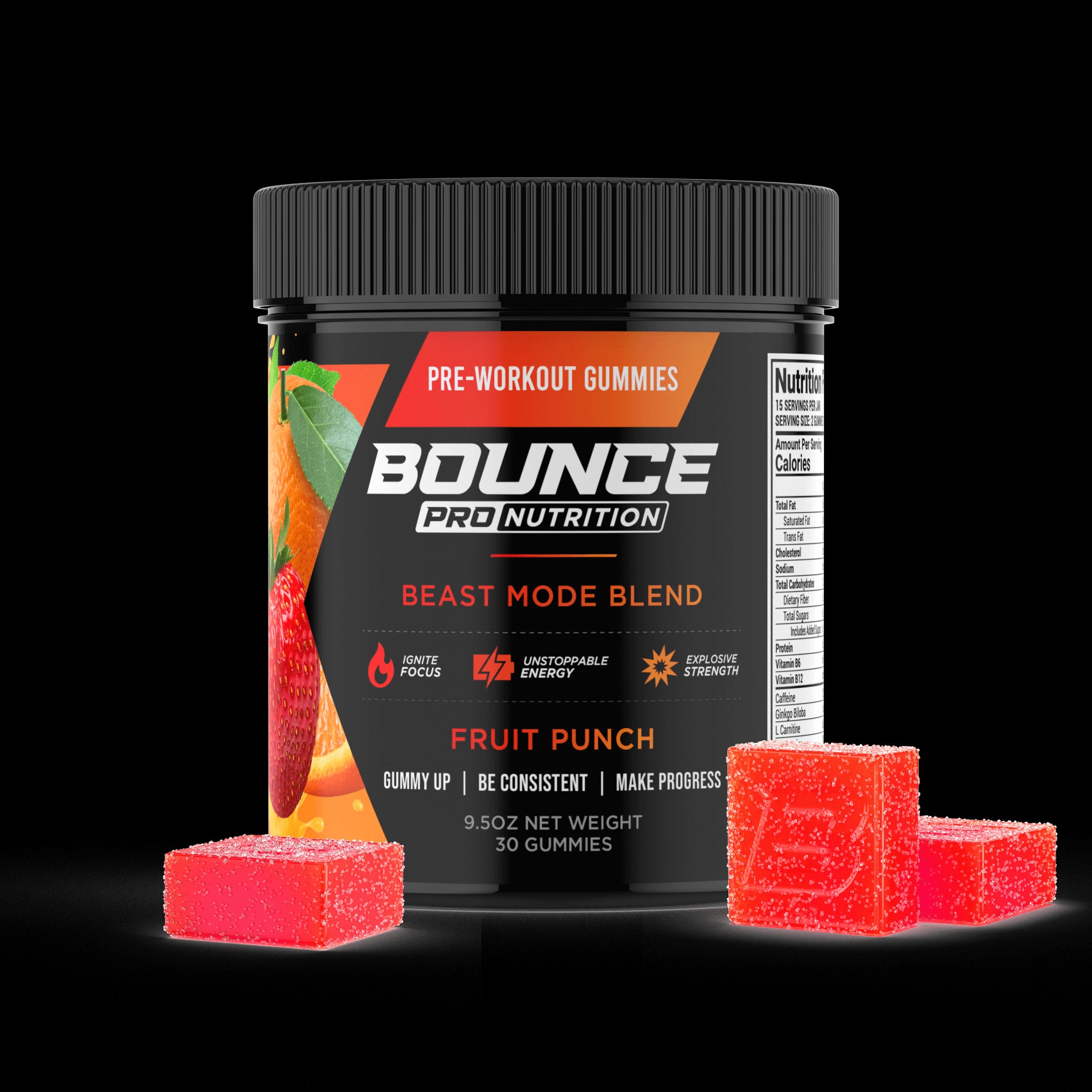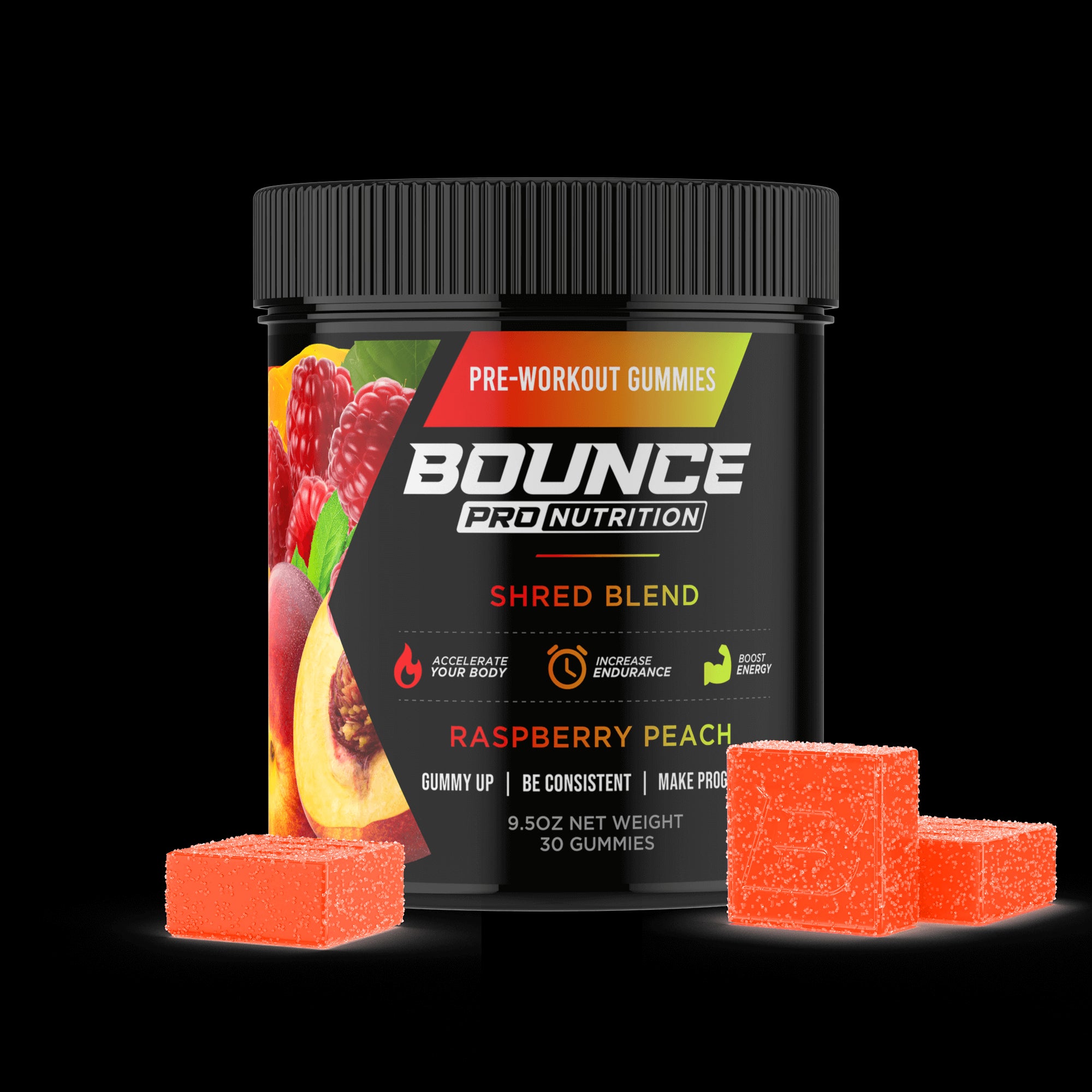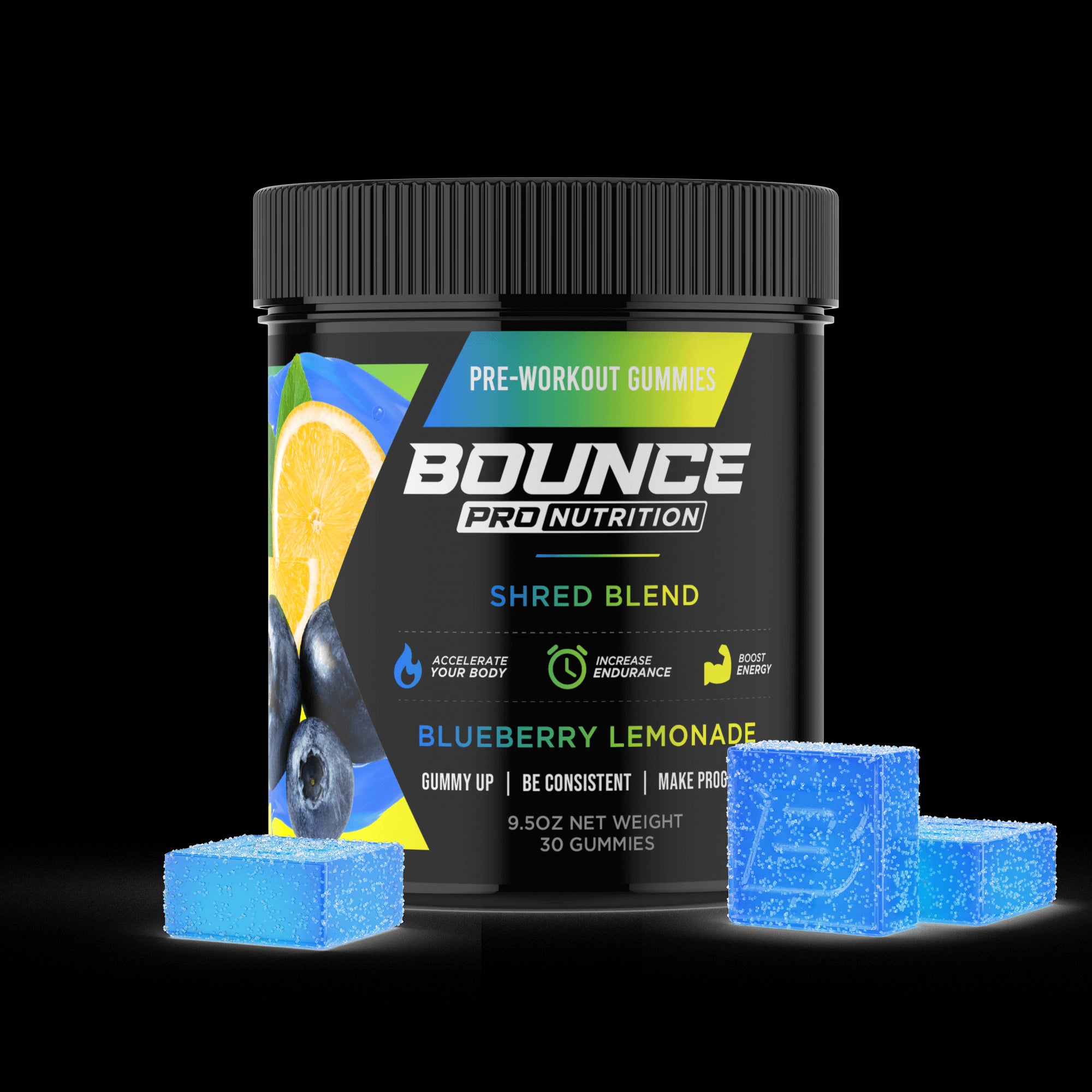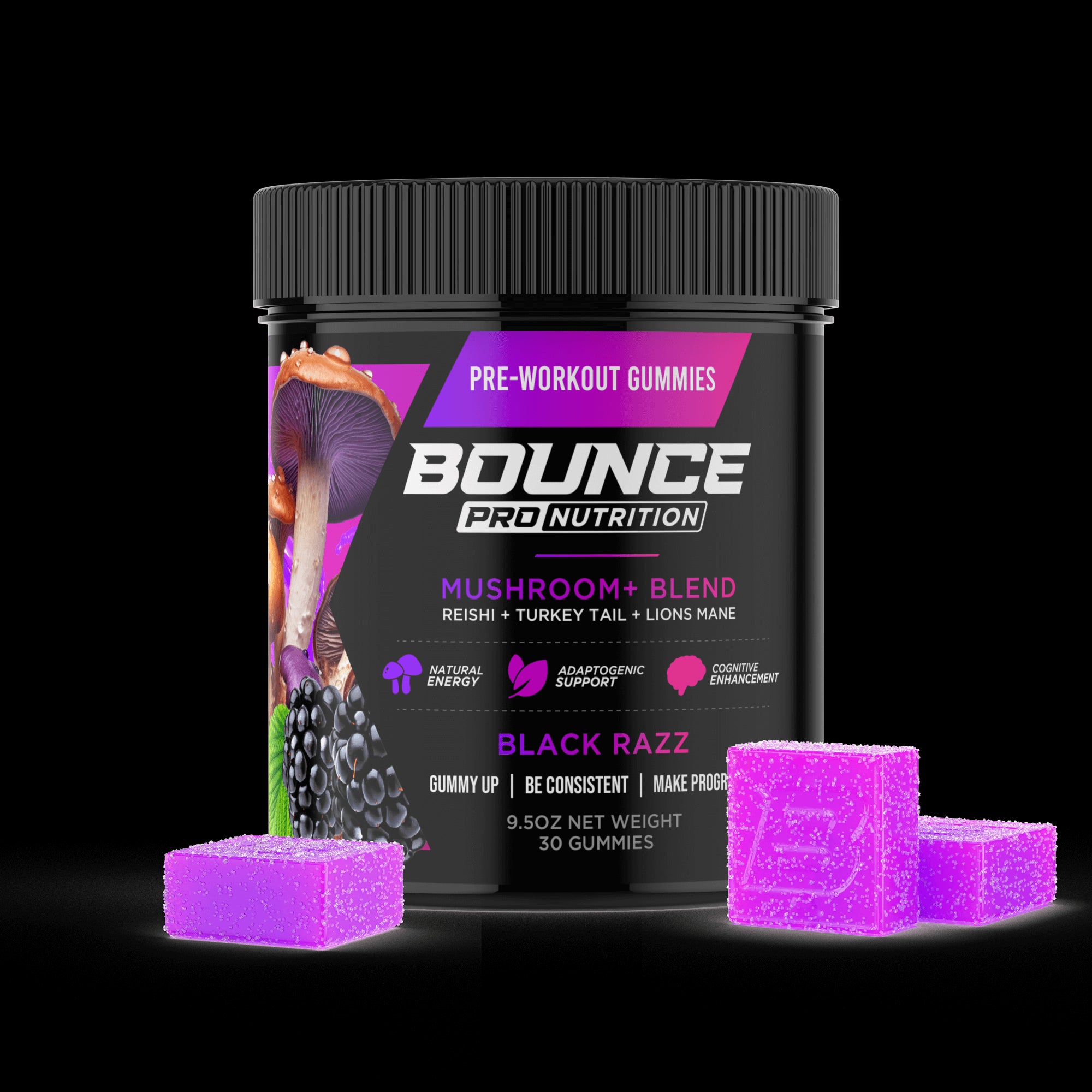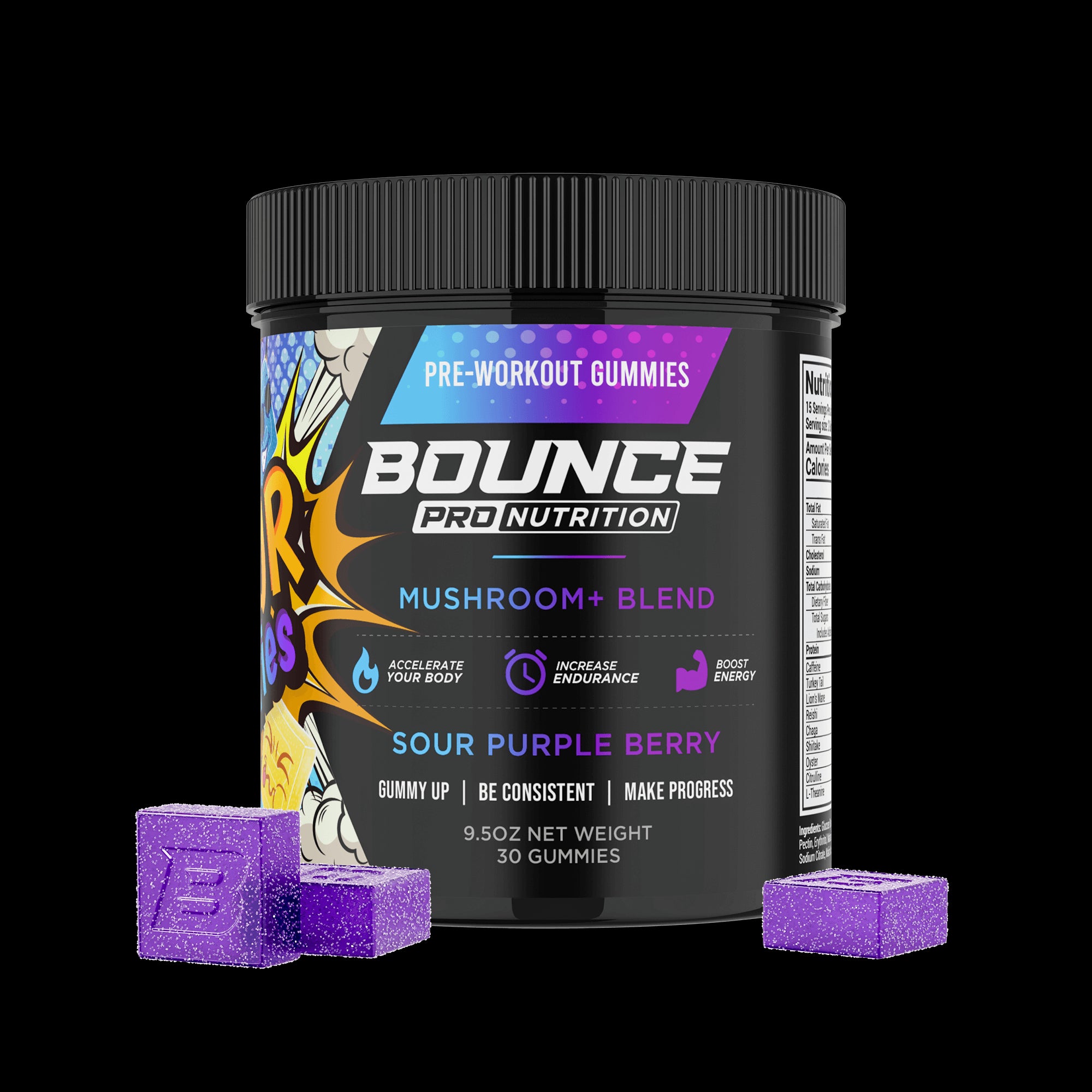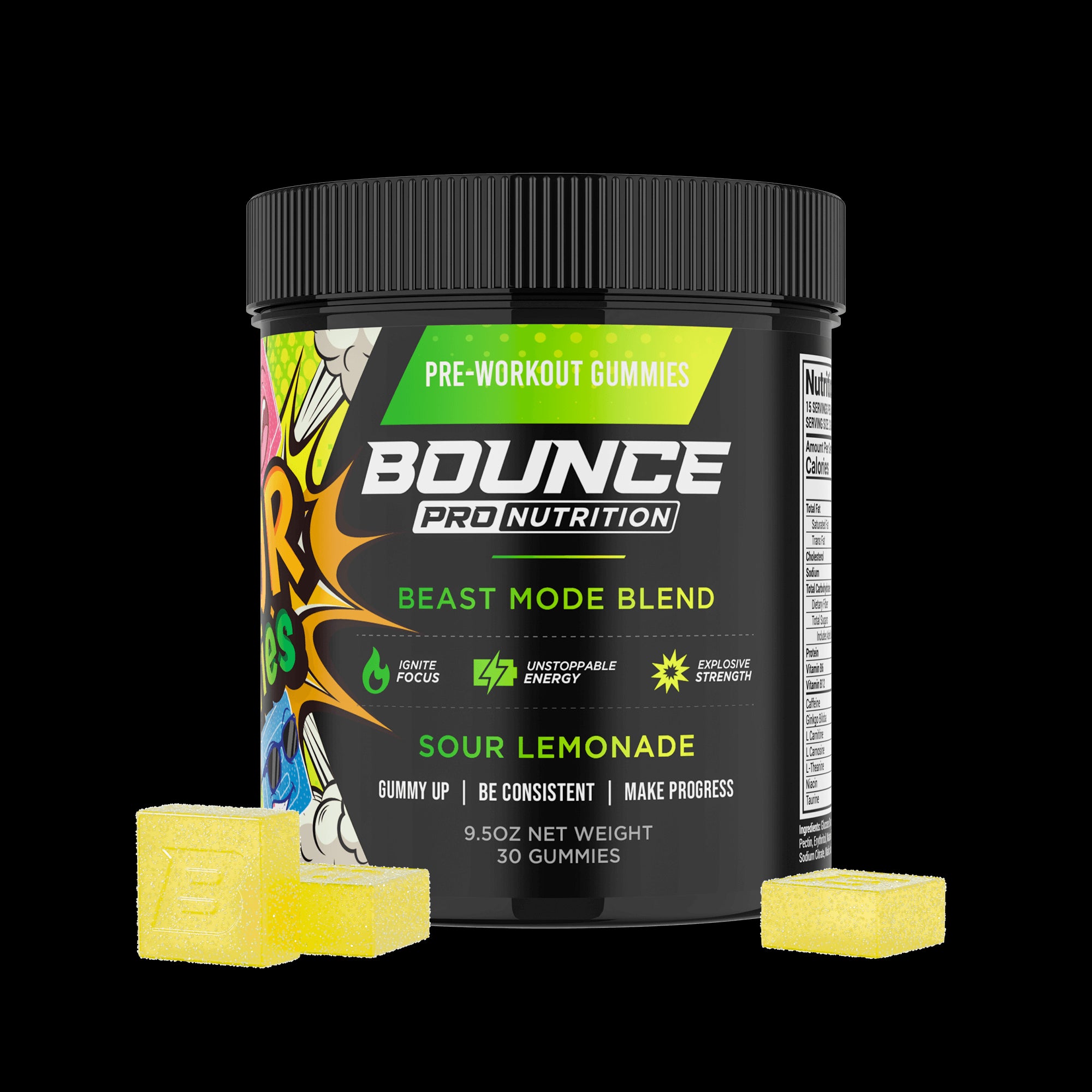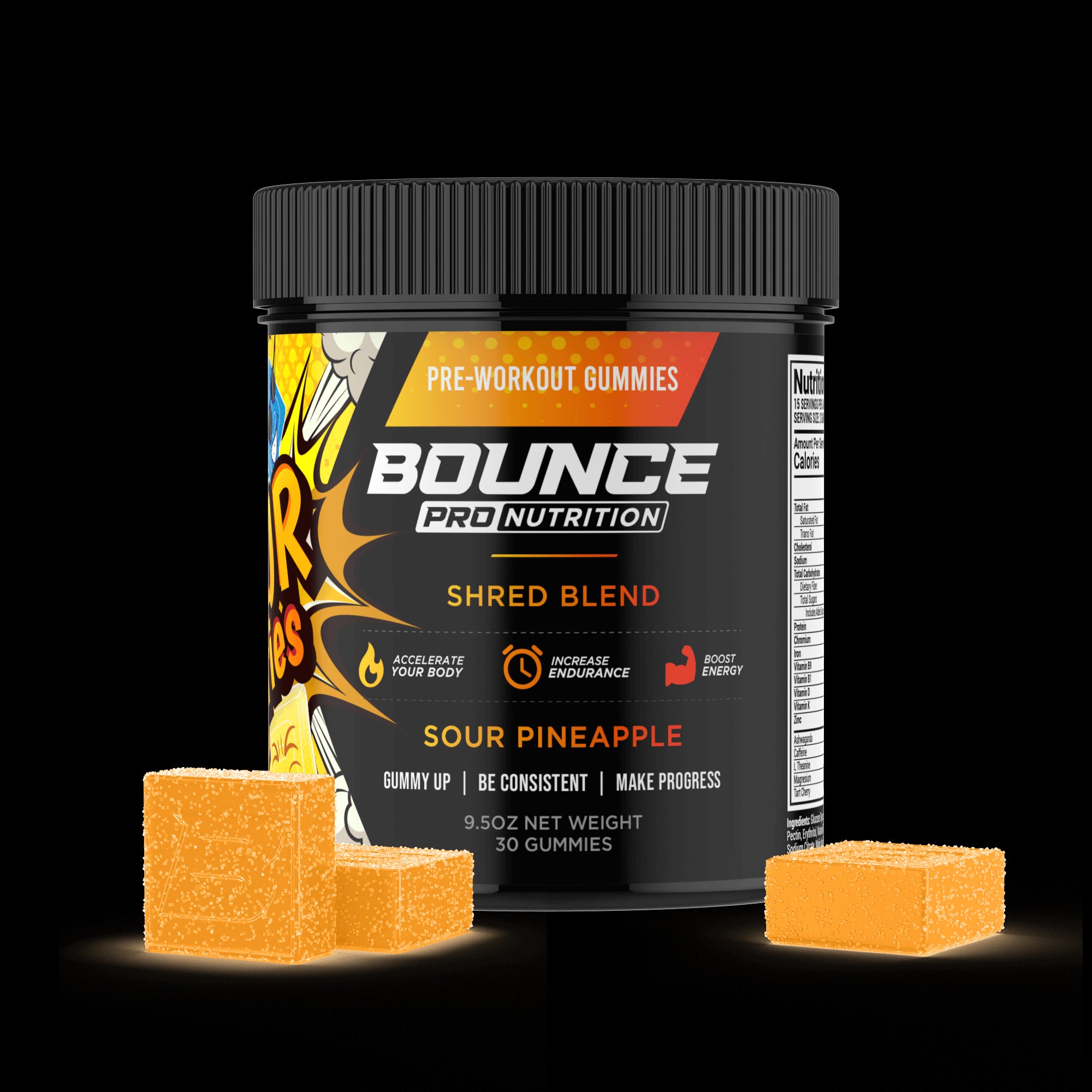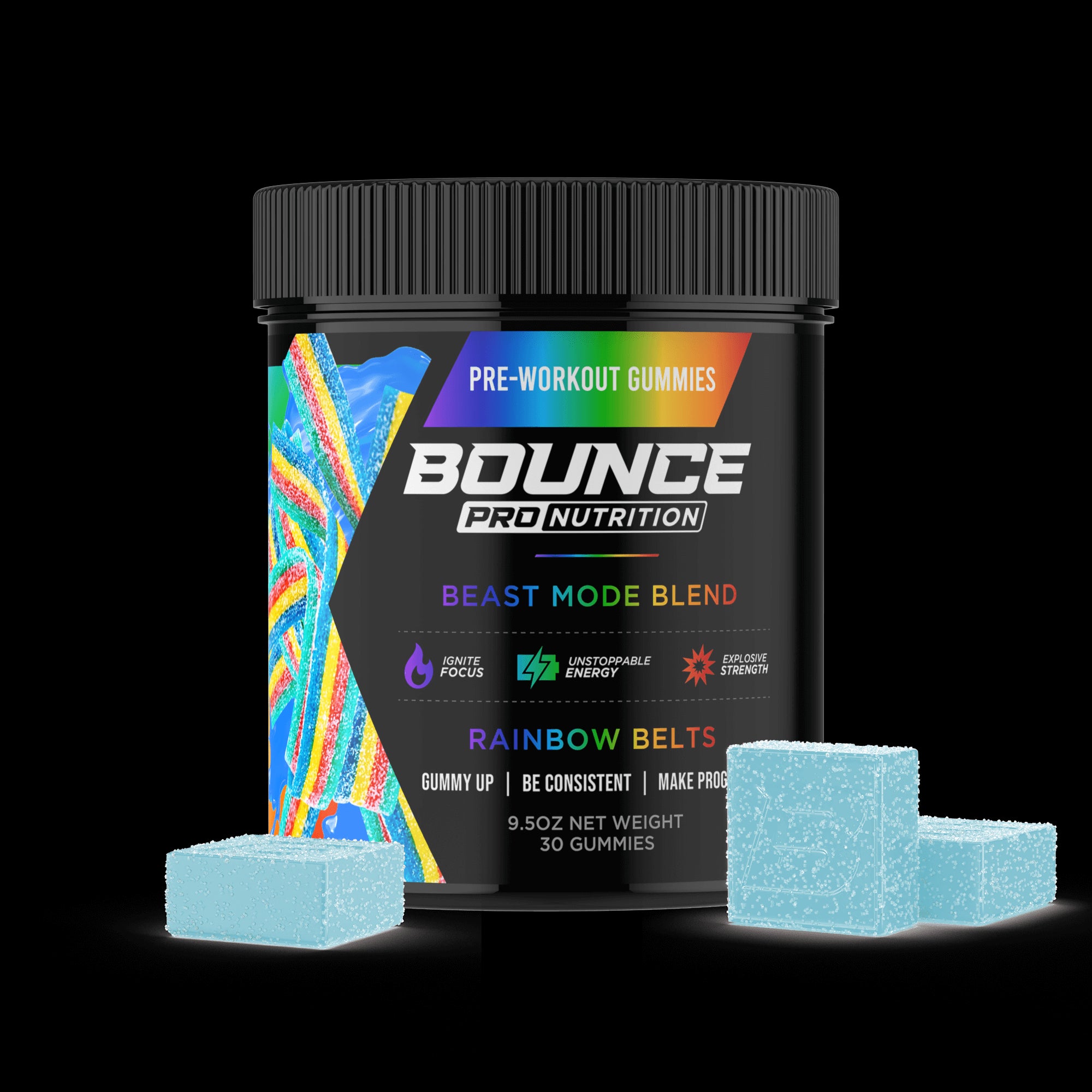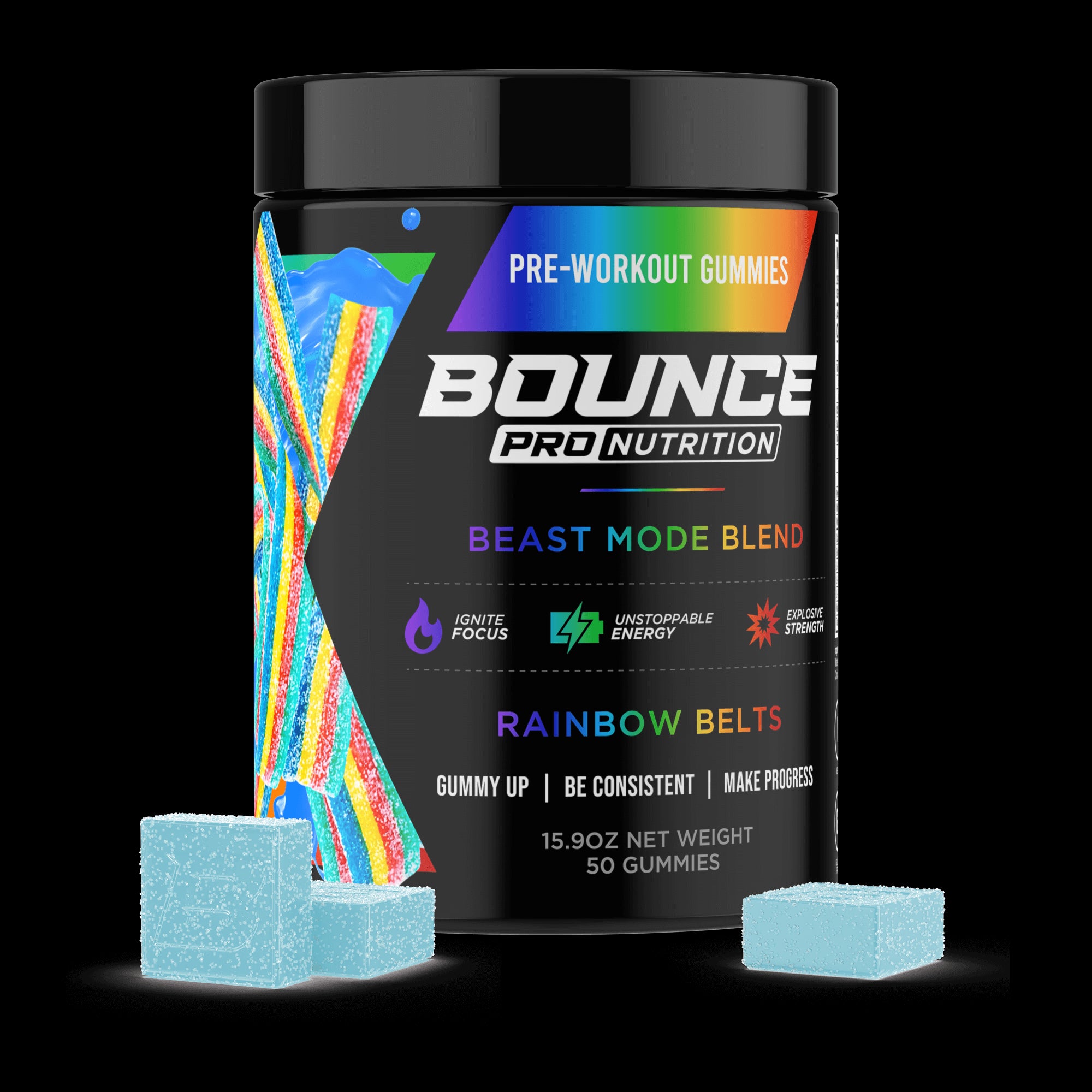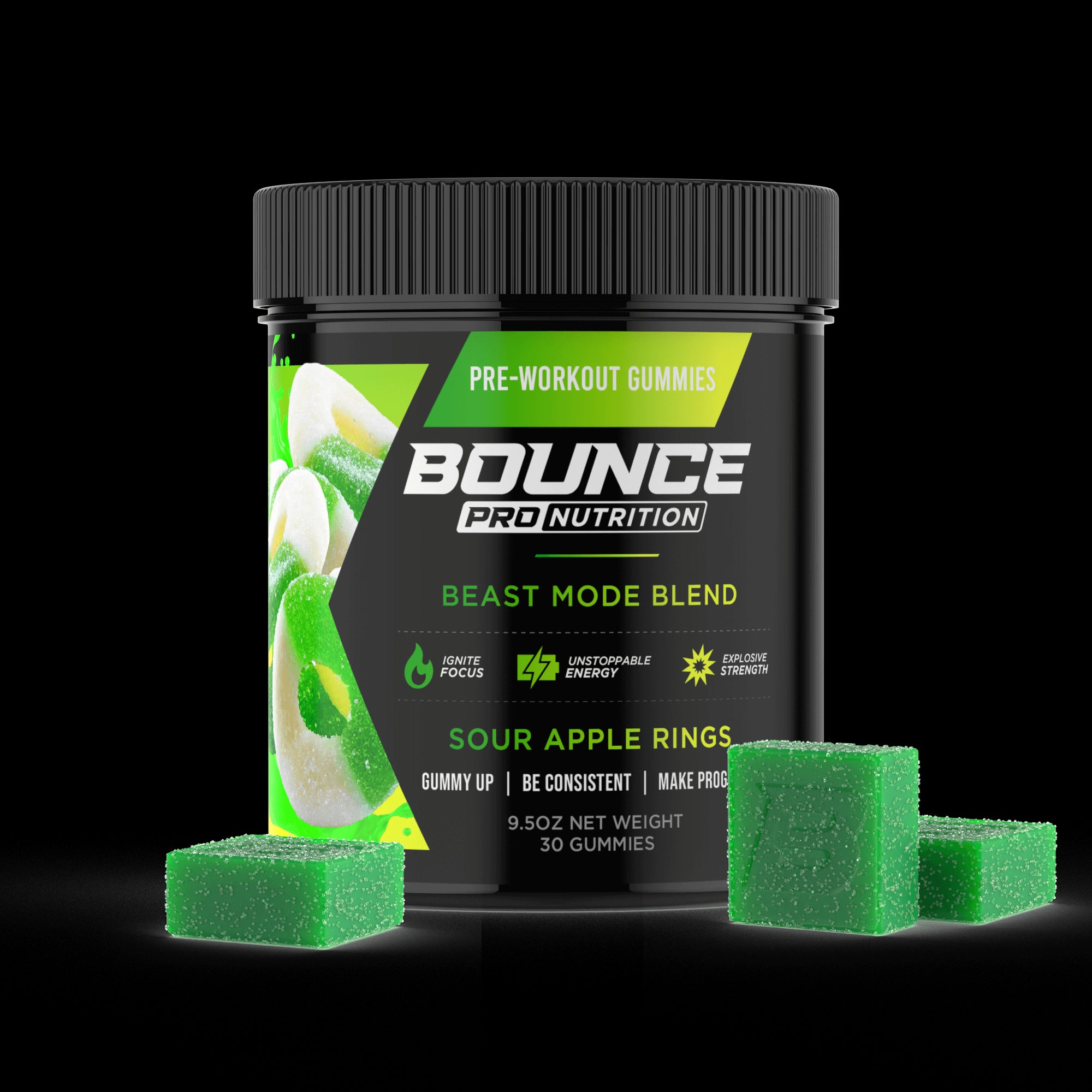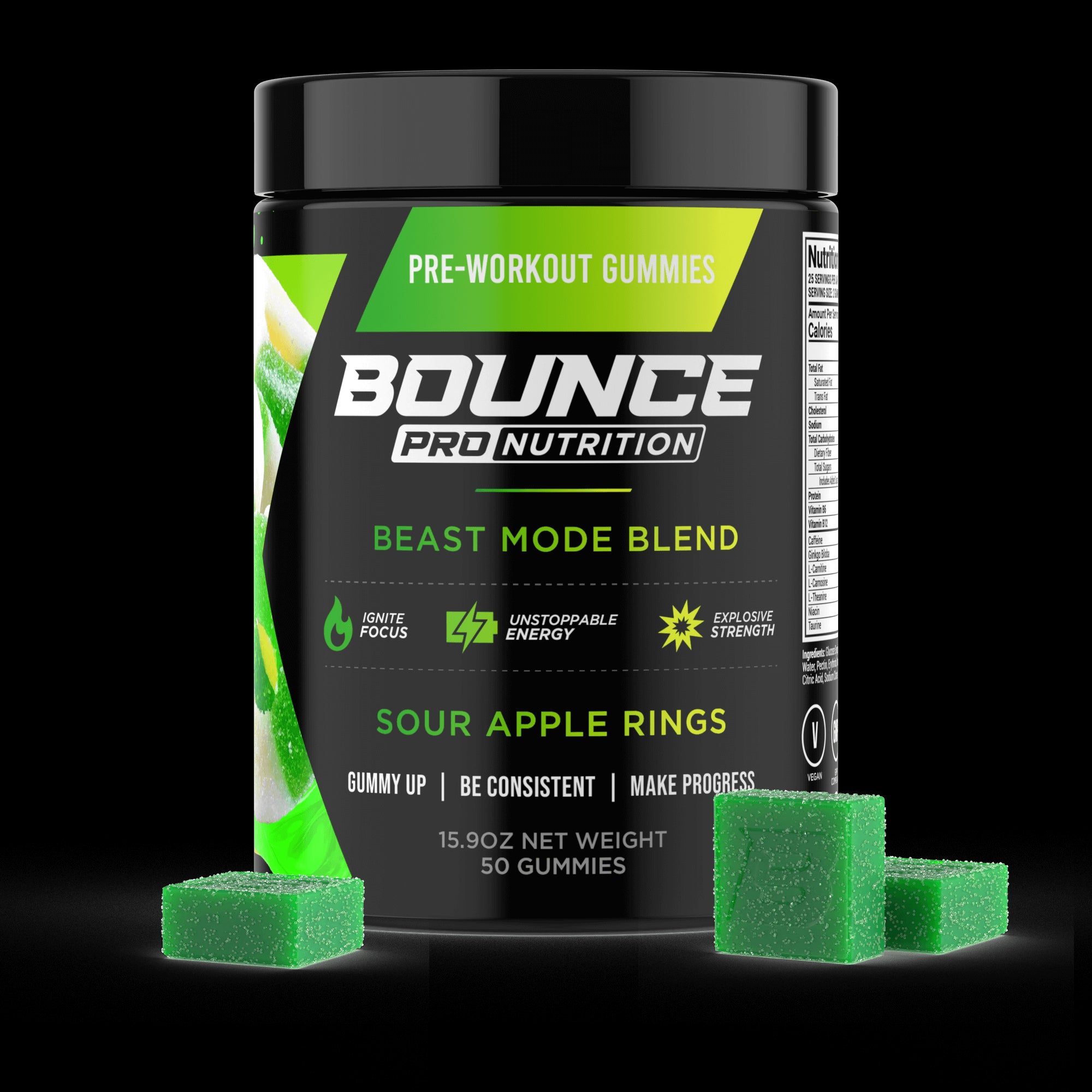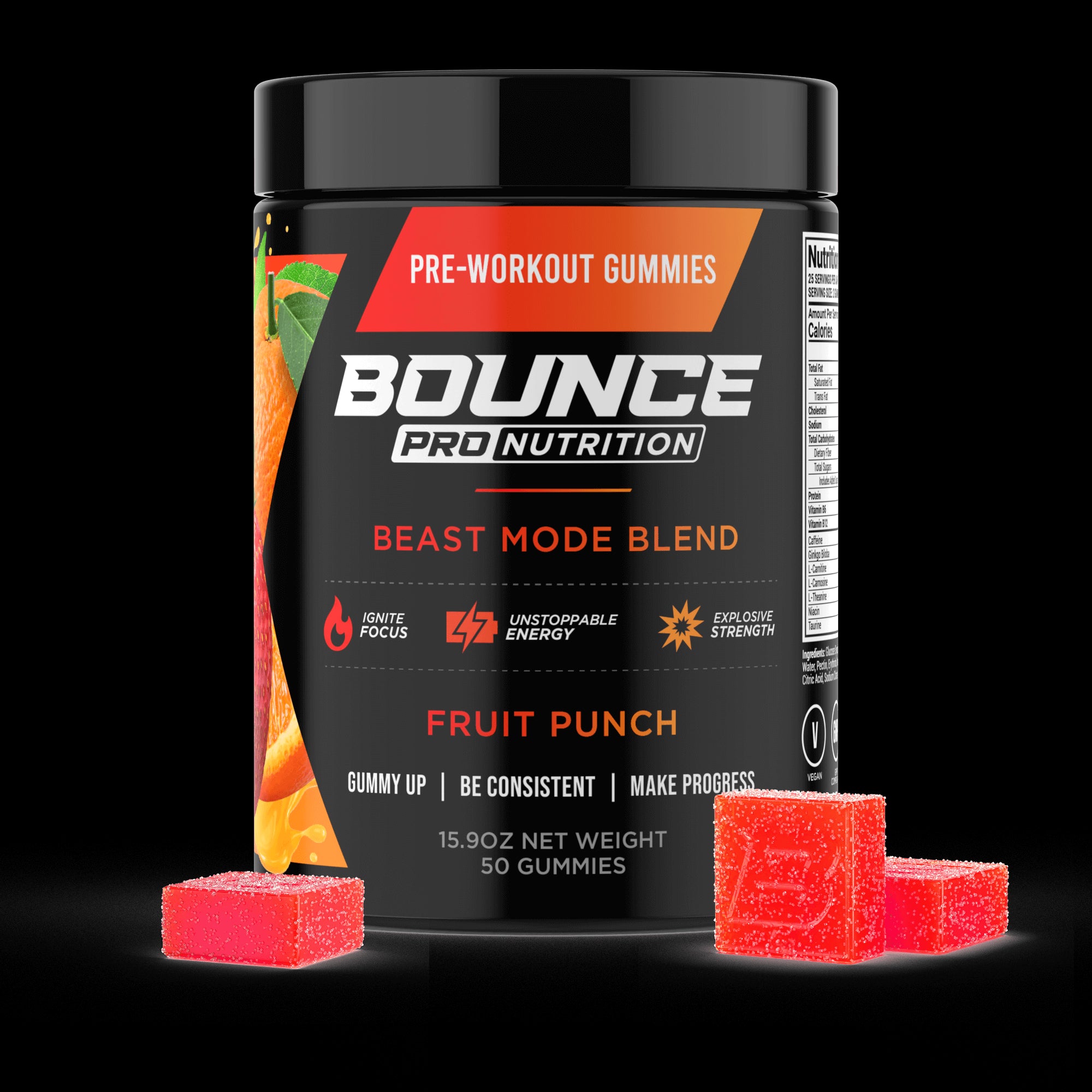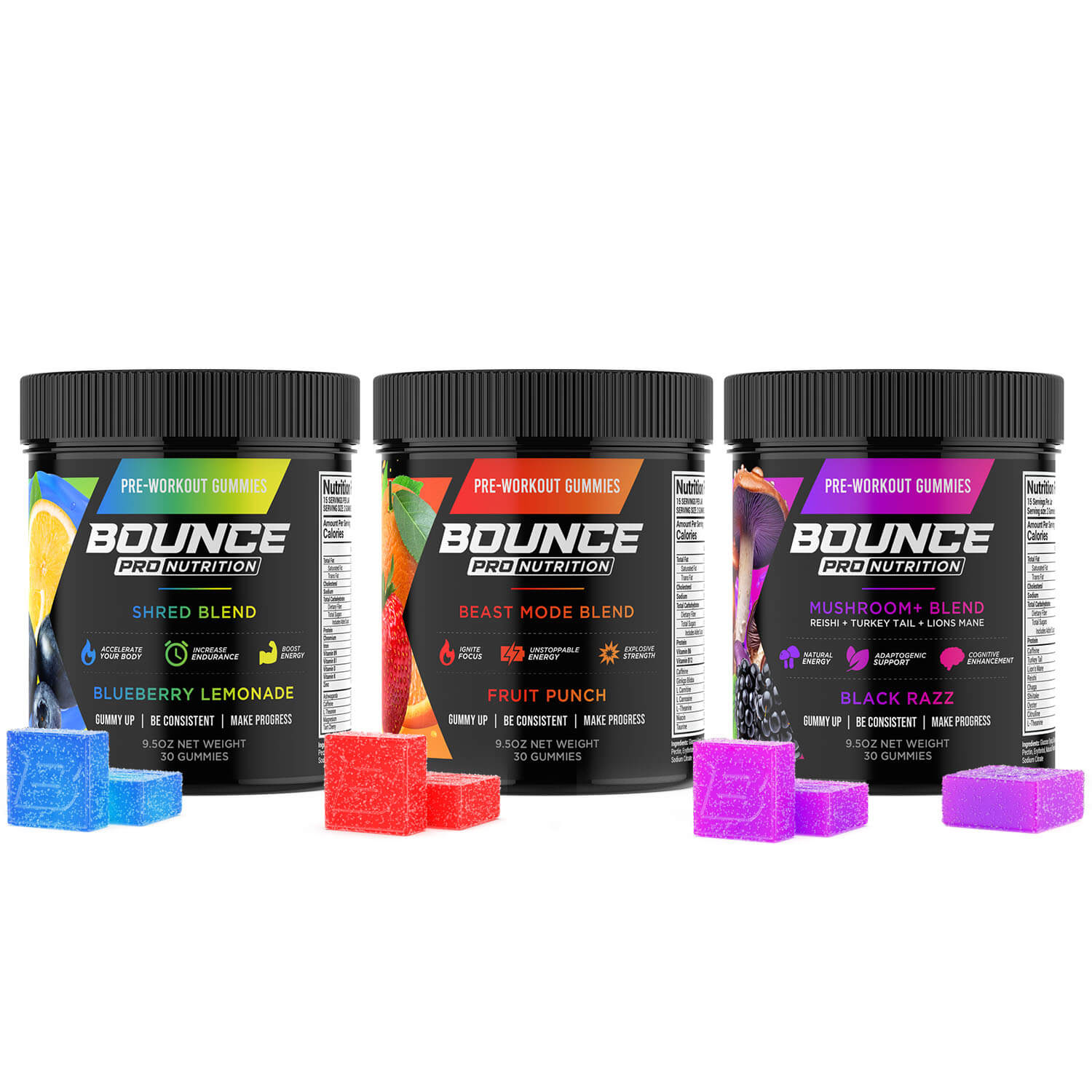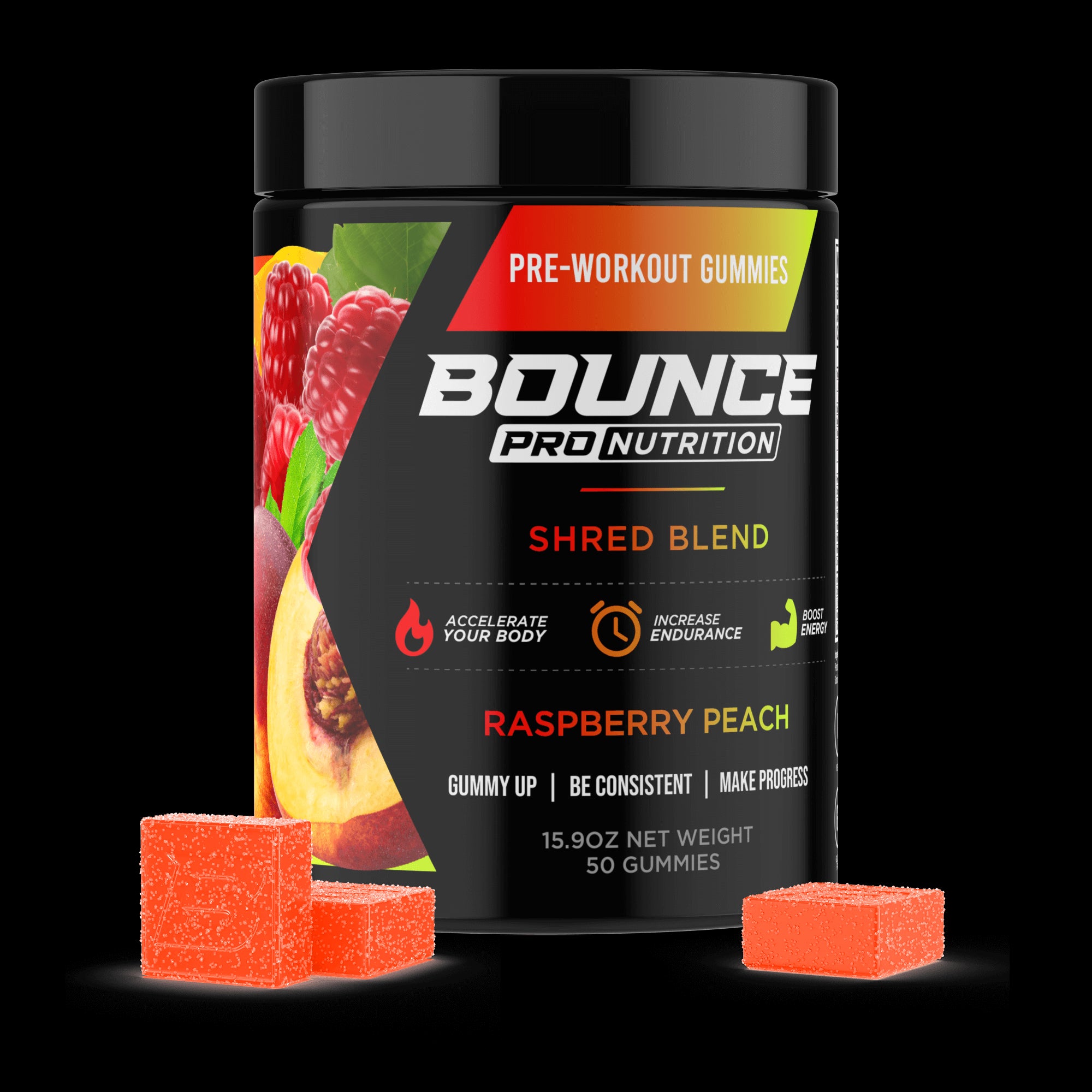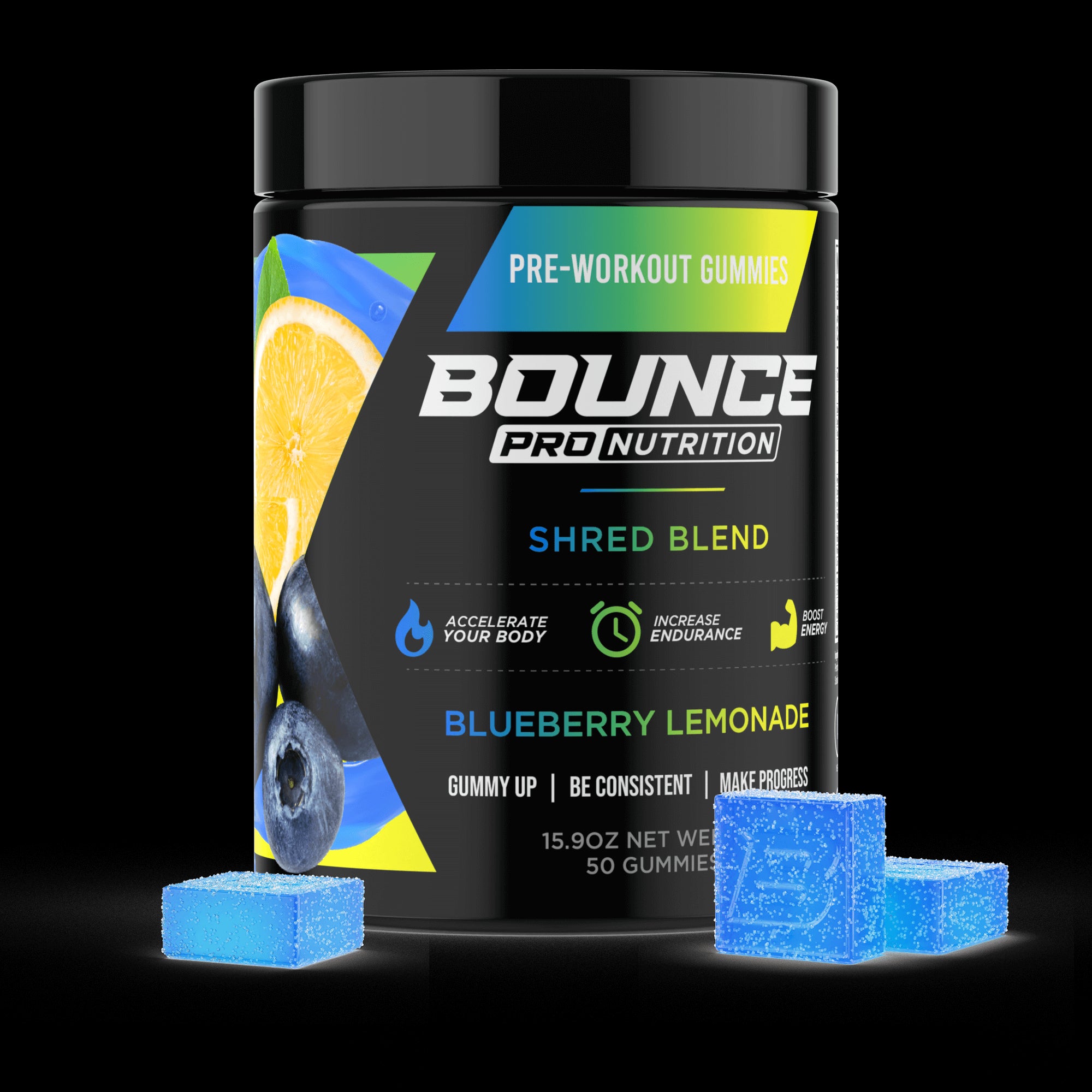Pre-workout is all the rage among fitness enthusiasts nowadays, and even people who participate in “lighter” forms of exercise can benefit from the performance-boosting effects of these supplements. If you’re someone who likes to go for a run or enjoy a nice, vigorous hike, pre-workout can help you maintain the right level of energy and stamina to get through to the end, helping you feel stronger, more focused, and more capable of reaching your goals.
But, the question is, when is the best time to take pre-workout if you plan on hiking or going for a run? We’re going to answer that question in full detail today.
TO BUY PRE-WORKOUT GUMMIES CLICK HERE
Why Do People Go Running or Hiking as Part of Their Workout Regimen?
People include running or hiking in their workout regimens for various reasons, reflecting both physical and psychological benefits. Plus, it also helps form better social connections.
Physical Benefits
- Cardiovascular Health: Both activities are excellent for improving heart health. They increase heart rate, which helps to strengthen the heart muscle, reduce blood pressure, and improve blood flow.
- Weight Management: Running and hiking are effective ways to burn calories, which can help in weight loss or maintenance. The exact number of calories burned depends on the intensity, duration, and the individual's weight.
- Muscle Strength: Hiking, in particular, involves varied terrain, which can strengthen the muscles in your legs, hips, and lower back. Running, especially on inclines, also engages and strengthens various muscle groups.
- Bone Density: These weight-bearing exercises increase bone density and reduce the risk of osteoporosis. The impact on the bones during running and the varied stresses during hiking stimulate bone-forming cells.
Psychological Benefits
- Mental Health: Running and hiking are known to reduce symptoms of depression and anxiety. Physical activity releases endorphins, often referred to as the body's natural mood elevators.
- Stress Relief: Engaging in these activities helps in lowering stress levels. Being in nature, as is often the case with hiking, can further enhance this effect through a concept known as "biophilia”, which suggests that humans possess an innate tendency to seek connections with nature.
- Improved Sleep: Regular physical activity, including running and hiking, can help you fall asleep faster and deepen your sleep, though it's advisable to avoid vigorous exercise close to bedtime as it might have the opposite effect.
- Cognitive Benefits: There is evidence to suggest that regular physical activity, including running and hiking, can improve cognitive function, including memory, attention, and problem-solving skills.
Social and Environmental Aspects
- Connection with Nature: Hiking offers an opportunity to connect with nature, which can be a refreshing break from the urban environment and has been shown to have various psychological benefits.
- Social Interaction: Both activities can be social, whether you're joining a running group or hiking with friends. This social aspect can improve feelings of belonging and support.
- Personal Challenge and Achievement: Many people enjoy setting personal goals, such as completing a race or reaching the summit of a hike, which can provide a sense of achievement and boost self-esteem.
What are Some Ways to Stay Energized, Focused, and Motivated When Running or Hiking?
Staying energized, focused, and motivated during running or hiking involves a mix of physical preparation, mental strategies, and nutritional support. And, incorporating these strategies below into your running or hiking routine can help with just that, thus enhancing both your performance and enjoyment of the activity.
1. Set Clear Goals
- Specific Objectives: Set clear, achievable goals for each run or hike, whether it's distance, time, or simply completing a challenging trail.
- Long-Term Goals: Have long-term objectives to work towards, such as completing a marathon or summiting a specific peak, to maintain motivation over time.
2. Train Properly
- Gradual Increase: Gradually increase your distance and intensity to build endurance without overtraining.
- Cross-Training: Incorporate strength training and flexibility exercises into your routine to improve performance and reduce injury risk.
3. Nutrition and Hydration
- Before: Eat a balanced meal or snack that includes carbohydrates and protein 1-2 hours before your activity.
- During: Stay hydrated and consider energy gels or snacks for longer sessions to keep your energy levels up.
- After: Refuel with a mix of carbs and protein to aid recovery.
4. Mental Strategies
- Mindfulness: Practice mindfulness or meditation to enhance your focus and reduce stress.
- Positive Self-Talk: Use positive affirmations and self-talk to push through tough moments.
5. Break It Down
- Small Segments: Break your run or hike into smaller, more manageable segments or checkpoints.
- Rest Intervals: Incorporate short rest or walking intervals to manage fatigue without fully stopping.
6. Engage Your Senses
- Scenery: Choose routes with beautiful or varying scenery to keep your mind engaged.
- Music and Audiobooks: Listen to music, podcasts, or audiobooks to stay entertained and motivated.
7. Stay Connected
- Group Activities: Join a running or hiking group to stay motivated through social engagement.
- Share Your Progress: Share your achievements with friends or on social media for support and encouragement.
8. Gear and Apparel
- Comfortable Gear: Invest in high-quality, comfortable gear and footwear to prevent discomfort and injuries.
- Prepare for Weather: Dress appropriately for the weather conditions to stay comfortable throughout your activity.
9. Listen to Your Body
- Rest and Recovery: Prioritize rest days and listen to your body's signals to avoid burnout and injuries.
- Adjust As Needed: Be flexible with your goals and plans based on how you're feeling physically and mentally.
10. Find Your “Why”
- Personal Meaning: Reflect on why running or hiking is important to you, whether for health, achievement, or connecting with nature. This can be a powerful motivator during challenging moments.
What Exactly is Pre-Workout?
For those who don’t know, pre-workout is a supplement that comes in gummy, powder, or liquid form, that contains multiple active ingredients associated with exercise performance. The active ingredient(s) used to achieve these results can vary between different brands, but overall, they aim to improve energy levels, physical endurance, focus, mood, muscle support, and/or motivation.
Depending on what’s in the formula, it can contain ingredients that offer stress relief, hormonal support, and other additional benefits. Of course, people who want to take a pre-workout product will want to check the ingredients beforehand, as the fitness supplement market is notoriously unregulated.
You always want to be sure you’re taking a product that’s safe, especially since some performance enhancers may stimulate the nervous system through less safe means than others, so being cautious and mindful of these ingredients should be a priority.
Key Ingredients in Pre-Workout
Like we said, pre-workout products provide a lot of potential benefits, but each formula can be unique based on the manufacturer. Before we talk about when to take a dose of pre-workout, let’s talk about the most common ingredients you’ll find in any given formula.
- Caffeine: Caffeine is commonly found in pre-workout gummies, and its primary function is to give a boost in energy, so that you can feel more motivated and energized while exercising.
- Amino Acids: Various amino acids are usually found in pre-workout gummies, serving important functions like boosting stamina/endurance, improving focus, helping muscles repair themselves, increasing strength, and boosting muscle density.
- Nootropics: Nootropics like creatine may be in certain formulas, providing cognitive benefits like mental clarity, concentration, and motivation, so that you can keep your head in the game.
- Adaptogens: Adaptogens like ashwagandha can help the body tolerate more stress, both physical and mental, so that you can get more out of every workout session.
- Mushrooms/Botanicals: Various mushroom and botanical extracts exist in pre-workout gummies that provide various benefits to your routine.
- Vitamins/Minerals: Vitamins and minerals can offer added benefits as these essential nutrients provide the body with key physical and mental support.
How Long Does it Take for These Ingredients to Work?
When it comes to almost any pre-workout formula, there are both short and long-term benefits to pre-workout products:
- Short-term benefits are associated with more energizing and strength-boosting ingredients like caffeine and creatine, which supply the body with lots of energy, motivation, and stamina.
- Longer-term benefits come from ingredients like amino acids and nutrients, which require more time to build up in the body before offering their effects to the fullest potential.
Because of this, taking pre-workout daily is the way to go. You’re getting the fast-acting benefits of some ingredients, while consistently building up a good supply of the longer-term ingredients that can benefit you over a more sustained time period.
Given all of that, you’ll be benefiting from your pre-workout no matter when you take it. Basically, by sustaining high levels of nutrients in the body that directly pertain to performance, you’re going to see better results when you actually start your hike or run.
Still, you wanna get as much from those short-term ingredients as possible, which’s why timing matters. For instance, taking a caffeine-infused supplement at 6am doesn’t make sense if you’re going to be working out in the evening, as the caffeine will have worn off by the time you’re ready to head out.
When is the Best Time to Take Pre-Workout Before a Run or Hike?
You will find that basically any pre-workout formula has directions on its label. This includes instructions on how much to take per day (like 1 gummy) as well as when to take them. And, one thing that’s basically consistent with all pre-workout is that it recommends taking a dose 30 minutes prior to exercise – whether that’s going for a run in town, hitting the gym, or preparing for a competitive event.
That’s because it takes about 30 minutes for the short-term ingredients to peak – like caffeine, creatine, and any other ingredients that boost energy to help you maximize performance. So, by taking the product 30 minutes before you go start your workout, you’ll be getting the strongest of these effects.
Of course, the ultimate suggestion is to follow the manufacturer’s instructions, which should be found on the label. Any good pre-workout product should give clear instructions as to when to take your dose to get the most out of your hike or run, without running out of steam.
Take a Pre-Workout 30 Minutes Before Going for Your Run or Hike for the Best Results
No doubt, running and hiking offer comprehensive benefits that touch on physical health, mental wellbeing, and social connections, making them popular choices for those looking to enhance their fitness regimen. And with the help of pre-workouts, which’re intended to take 30 minutes prior to any form of exercise, including hiking and running, you can achieve in more out of each type.
At Bounce Nutrition, all 3 of our pre-workout gummy formulas should be taken about a half hour before you start your fitness routine, whatever that may be, so you can push yourself and benefit as much as possible.
You should take pre-workout gummies 25-30 minutes before your run or hike. Pre-Workout gummies are a great way to get non-bloating energy before a run or hike.

